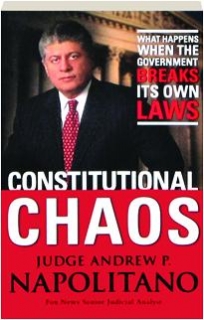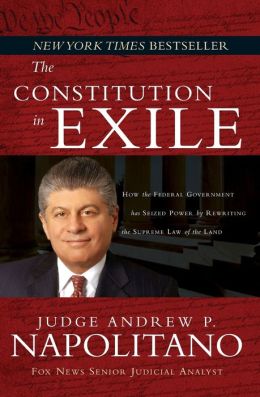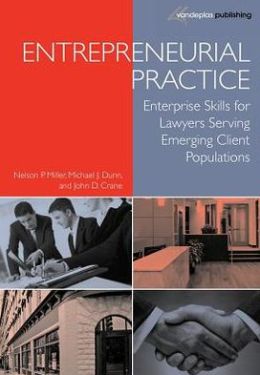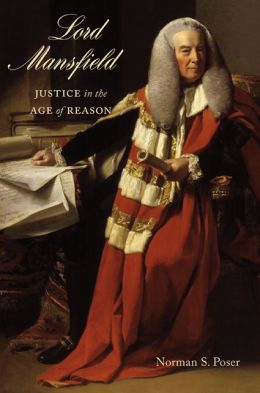 Have a particular legal issue you are keen on? Interested in writing about it? If so, then submit your paper to be considered for the annual Brown Award given by the Judge John R. Brown Scholarship Foundation.
Have a particular legal issue you are keen on? Interested in writing about it? If so, then submit your paper to be considered for the annual Brown Award given by the Judge John R. Brown Scholarship Foundation.
The Award is in recognition of Excellence in Legal Writing in American Law Schools. There is no limitation as to topic; only that the writing must be on a legal subject.
Any student wishing to submit a paper must have a letter of recommendation from a faculty member. Specific details regarding the competition may be found here.
Some topics from last year’s winners.
First Place: Information Traps
Second Place: Beneath the Surface of the Clean Water Act: Exploring the Depth of the Act’s Jurisdictional Scope of Groundwater Pollution
Third Place: Lien on Me: The Survival of Security Interests in Revenues from the Sale of an FCC License

 Judge Napolitano talks about two of his books that are in the BLS Library collection. The earliest is
Judge Napolitano talks about two of his books that are in the BLS Library collection. The earliest is  The other title is
The other title is  This coming weekend, on February 8 and 9, Brooklyn Law School’s Brooklyn Law Incubator & Policy (“BLIP”) Clinic along with other groups, is organizing a Data Privacy Legal Hackathon. The event will take place in three locations: Dumbo (Brooklyn), London, and San Francisco. Participants will compete in a weekend-long hackathon to create tools that solve common legal problems in the field of data privacy.
This coming weekend, on February 8 and 9, Brooklyn Law School’s Brooklyn Law Incubator & Policy (“BLIP”) Clinic along with other groups, is organizing a Data Privacy Legal Hackathon. The event will take place in three locations: Dumbo (Brooklyn), London, and San Francisco. Participants will compete in a weekend-long hackathon to create tools that solve common legal problems in the field of data privacy. Brooklyn Law School students, faculty and staff can access the
Brooklyn Law School students, faculty and staff can access the 
 The BLS Library has in its collection
The BLS Library has in its collection  Prof. Poser recently published
Prof. Poser recently published 